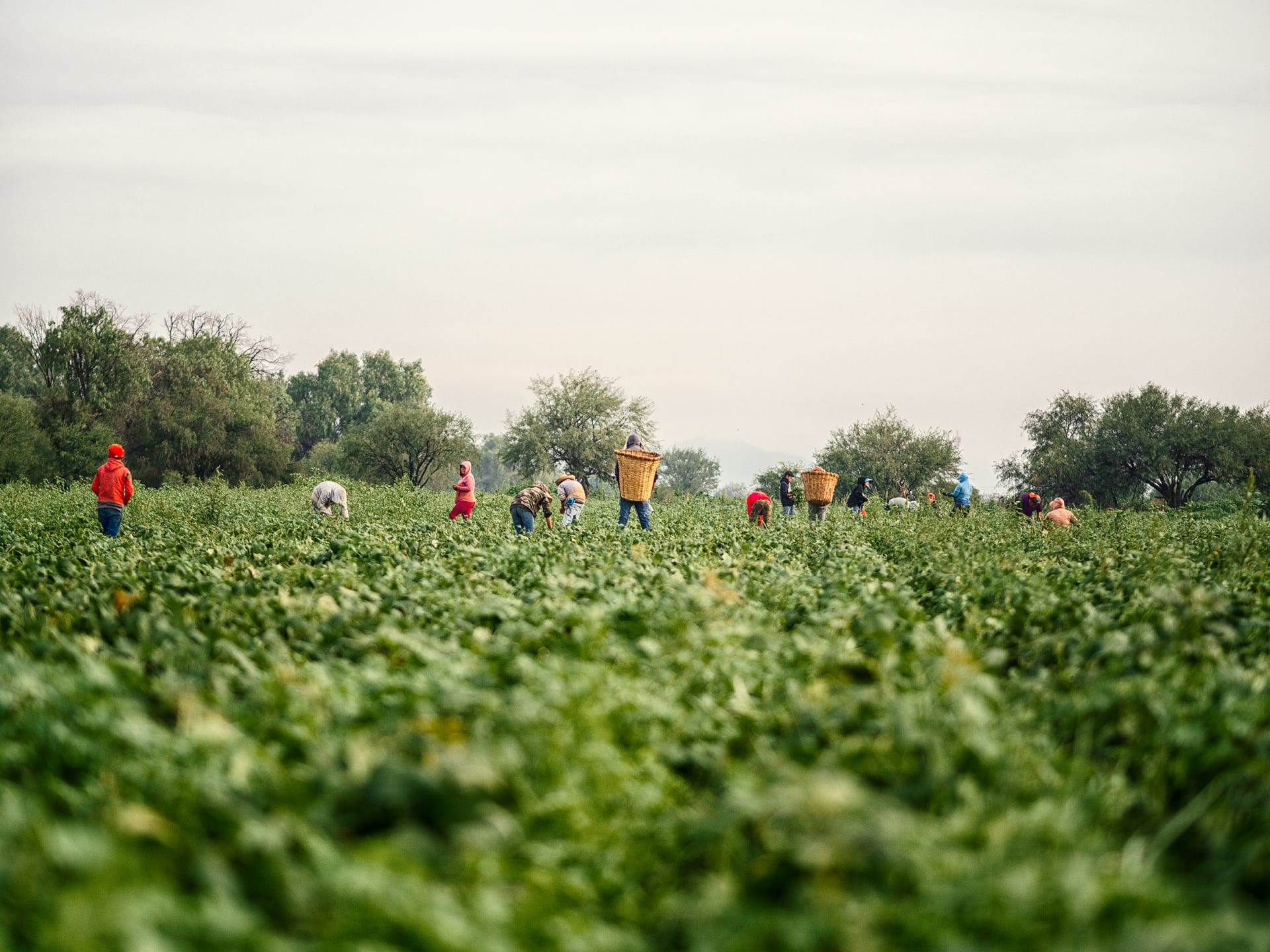
Carbon Impact Manager
Remote- Paris, Île-de-France, France
Job description
Livelihoods grew nearly ten-fold over the last ten years and will keep growing in the future to keep-up with the growing need for socially and environmentally impactful projects. As a social business primarily looking to generate impact at scale, the company’s single largest concern is project quality and impeccable operation. To help the company manage the tension between growth and quality we are in the process of growing the team of talented professionals that will support projects and project managers, from project design to project termination, on impact generation and monitoring in general and, in particular, on carbon offset certification. The selected candidates will form Livelihoods’ strategically important Impact Team.
The Impact Team will be composed of a number of professionals with complementary skills to act as a catalyst for design and implementation excellence as well as for accurate reporting. As such the team will be a blend of talents with strong practical skills in the social, environmental and carbon spaces.
This job opening is for the Team’s Carbon Impact Manager.
What will I do as the Carbon Impact Manager?
With Project Managers, the Team is co-responsible for high quality project design, implementation and impact reporting. Within the scope of impacts Livelihoods deal with, carbon offset certification is a key one. As a CIM you will more specifically work on this workstream along the following angles:
- Carbon impact modelling: whether it is a rural energy or a nature-based project, you will perform ex-ante carbon sequestration / removal assessments that will inform our investments.
- Carbon offset certification: when the project is launched, its goals, resources and processes well established, a day will come when we need to certify the GHG sequestrations / removals. With the Project Managers and external carbon consultants you will make sure everybody, from project implementers to auditors, are doing what it takes to materialize each project’s carbon potential (respecting all prerequisites for carbon certification: listing, registration, overseeing PDD drafting by consultants, monitoring, auditors’ visits etc.).
- Coaching of Project Managers and Implementing Partners: they are skilled and quite often outstanding! But they are not necessarily carbon processes experts. They will need your support to do it right and be well aware of what it takes from them to get to the expected carbon results.
- Innovation & competitive intelligence: voluntary carbon markets are no longer what they used to be in the 2010s. Everyday there are new good (and bad) ideas, technologies, initiatives that shape tomorrow’s carbon markets. From remote sensing to offset quality rating, to new standards and methodologies (or, simply, updates of existing methodologies) etc., a lot is happening. You will help the company navigate those changes, seize opportunities, keep us away from dead-ends and make our work better.
- Stakeholder relationship management: within the carbon space, we have some key stakeholders, and will have more in the future: offset standards (Verra, GS…), strategic services providers (carbon consultants), industry initiatives and coalitions etc. They deserve our attention and should think of us as a group of very special people with whom they crave to work with, and not just for money. You will be managing relationships with them, ensuring that we are real partners.
- Make proposals for an ever-improving organization: of course within your specific scope of work, but regarding any matter, really, we would love you to propose fixes to our issues and ideas for improvement.
What if I'm a partial fit?
Well, items n°1, 2 and 3 above are really key. The rest of them is a question of mindset, desire to do well and learn, as well as team-work (you will not be alone!). Besides, we of course have training options available if a refresh is needed.
Once I’ve done that, what’s next for me?
There is ample room for professional development and growth, and for moving to other positions in the future. When you have successfully served a reasonable term within this position, it is yours to demonstrate you can move!
Some practicalities:
- Permanent contract (French “CDI”) with a 218-day working year (that is around 7 weeks of paid leave per year), health insurance, luncheon voucher etc.
- A wonderful office in Paris downtown (11th arrondissement) and the option of hybrid work.
- You will be working with an outstanding team, coming from 10+ countries and craving to make a difference for the people and communities we serve.
Who will I work with?
You will be in a transversal position, which means you will be working with pretty much everyone in the company, as well as with lots of external partners.
More particularly, you will be working daily in complementarity with your Impact teammates, and you will report to the Carbon Impact Team’s manager.
What is the recruitment process?
- A first introductory interview, generally, but not necessarily with the COO.
- A second discussion based on a case-study with one or two future colleagues.
- A third meeting with our CFO and, generally, another senior member of the company.
- In some cases, a fourth meeting before we discuss and agree on all practical aspects of your joining us.
We will accept applications on a rolling basis until the position is filled.
Job requirements
We are looking for someone who:
- Shares our strong motivation to protect (and restore) the earth and improve rural communities’ livelihoods.
- Is a self-starter who thrives in constantly evolving environments and is clearly a team player.
- Has a strong technical background in forestry, agroforestry, agriculture, and ideally, in managing carbon offset generation out of “nature-based” project, including acquaintance with Standards (Verra, GS, Plan Vivo…) and their methodologies.
- Has experience, or is an expert in using remote-sensing and GIS tools.
- Enjoys traveling to the field, quite often in remote places, every 2 to 3 months on average.
or
All done!
Your application has been successfully submitted!
